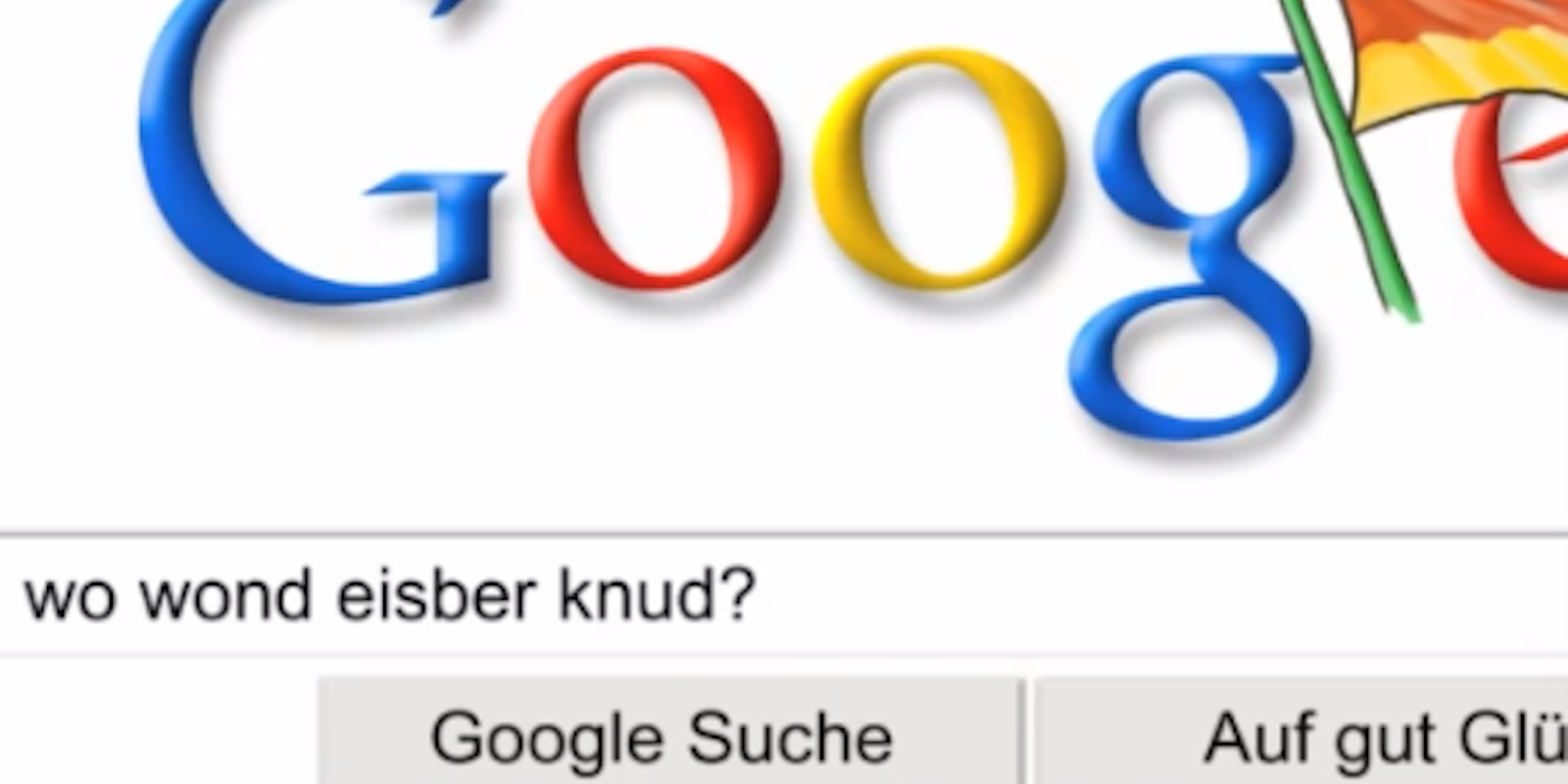Good news for Germans who enjoy being able to search Google News like the rest of the world.
A proposed law to charge search engines for links to news sites—because the blurbs and titles of their articles are copyrighted—appears to have been diffused.
In August, German lawmakers introduced the controversial idea of fining for-profit websites that copied and pasted even small portions of copyrighted text, effectively charging search engines to link to news sites. The bill actually passed the German Parliament’s lower house Friday as an amendment to the country’s Federal Copyright law, but it was largely neutered first. “Smallest excerpts of text,” for example, like headlines and blurbs, would no longer be charged.
Besides, as noted by the New York Times, it’s unlikely to pass the upper house, which is controlled by two parties that oppose the bill, the Social Democrats and the Greens.
“No one except for a few big publishers wants this law,” Tabea Rössner, a Green in the lower house, said in a debate Friday.
A coalition of German publishers had supported the bill, noting that the proliferation of online news sources had devastated their business model.
Google had created a German-language campaign aimed at countering the bill, called “Would you like to find what you are looking for?” The company doesn’t actually use ads in its News search, and websites that wish to not appear in them can easily opt out.
After Friday’s vote, Google amended its campaign page to thank the quarter-million Germans who participated in its campaign.
“We would like to thank all who have supported our initiative and continue to do so,” the company posted.
Screengrab via Google


